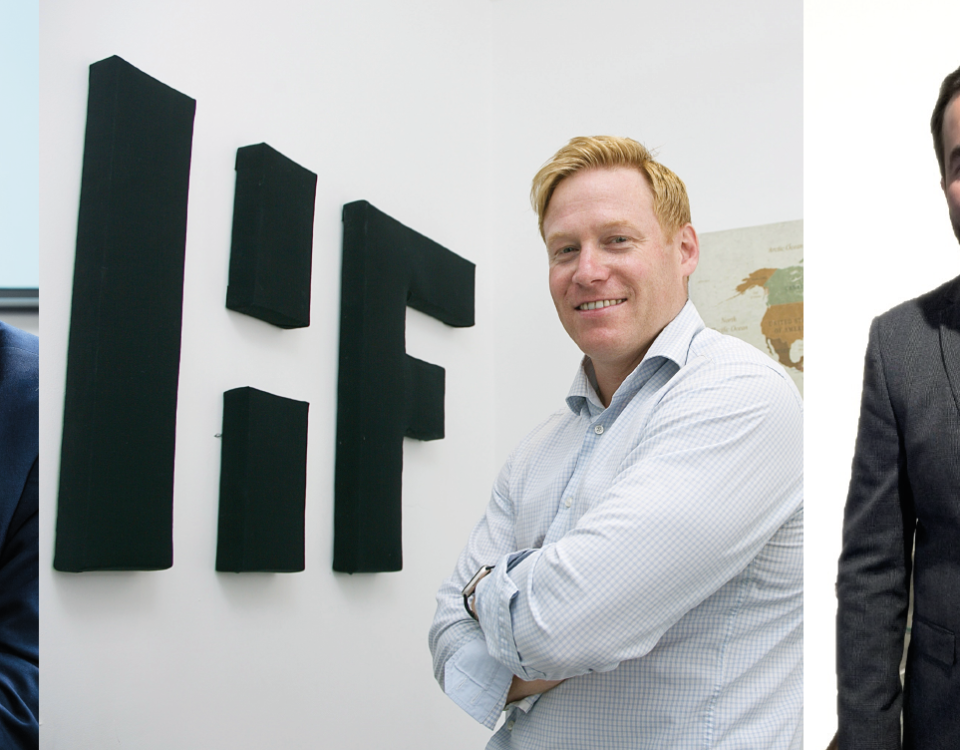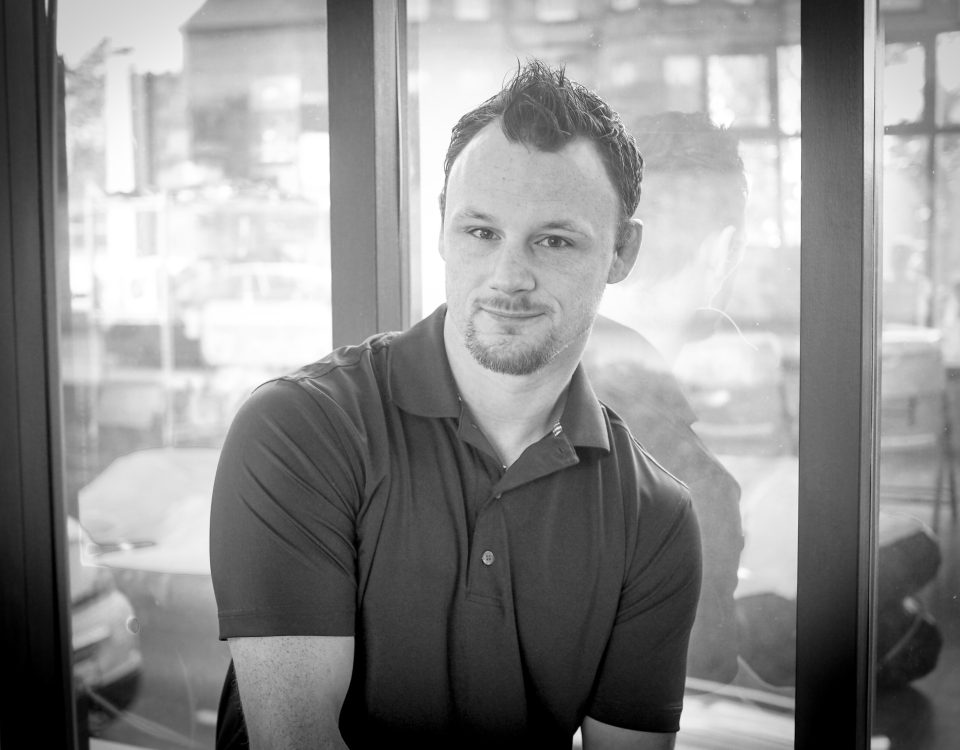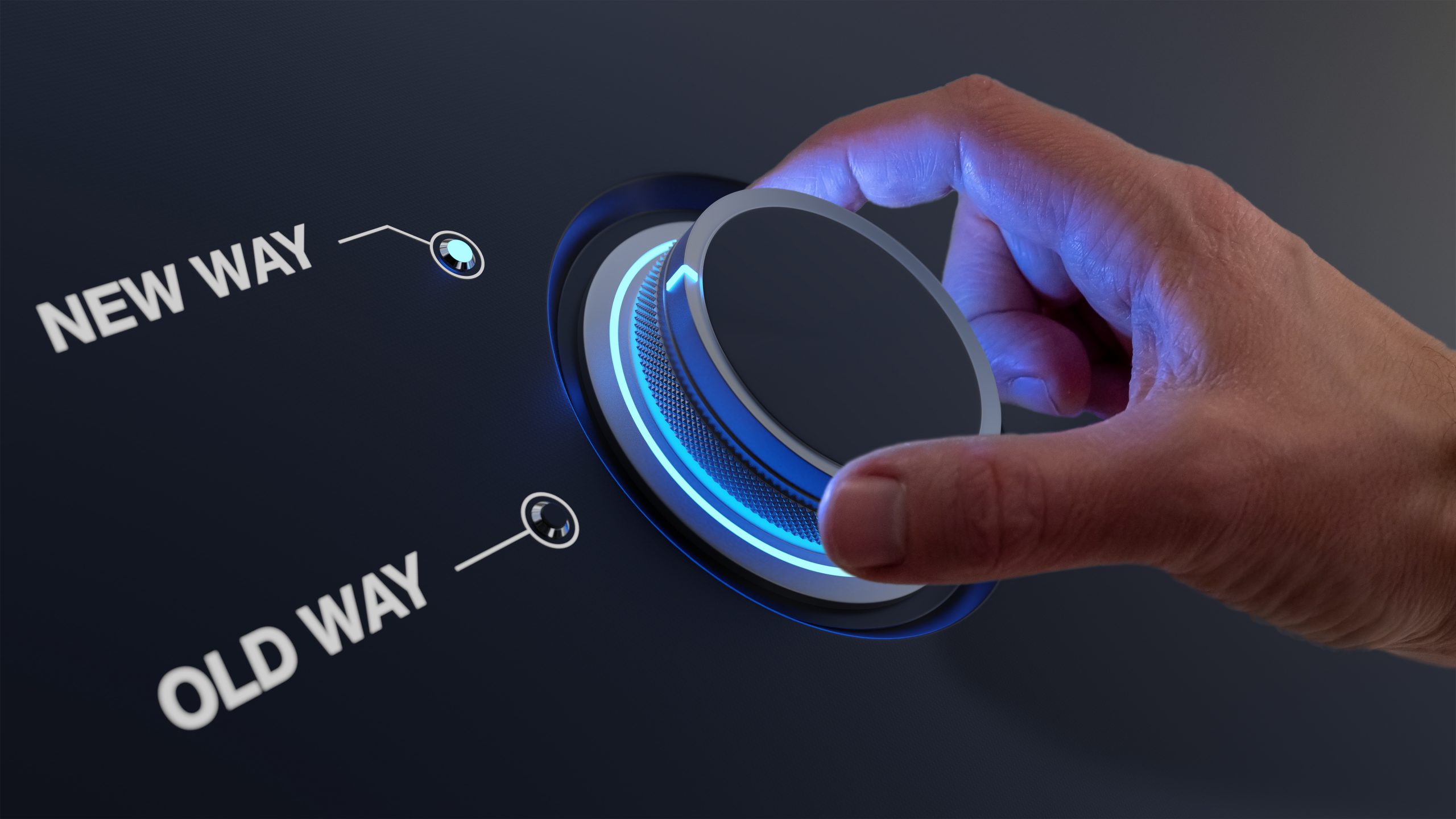Building your own Intelligent Customer Capability
The concept of Intelligent Customer (IC) in relation to high-hazard safety was developed by the UK Office for Nuclear Regulation (ONR) and has gained acceptance around the world.
The UK Health and Safety Executive defines IC as:
“The capability of the organisation to have a clear understanding and knowledge of the product or service being supplied”.
Both safety critical organisations in hazardous sectors as well as large complex organisations will use contractors to help them with various activities. But there is a joint responsibility, so it’s important that organisation understand, oversee, and accept any technical work undertaken by contractors.
Organisations must be able to lead the presentation of the safety arguments to the regulator. This could include having a human factors strategy in place, explaining the process for developing and using safety critical procedures or describing the fatigue management arrangements that are in place.
Questions organisations should ask themselves before engaging with a human factors consultancy?
- Will this engagement help us to build up our own in-house skills through shared learning? It’s important for organisations to consider if they could perform the work themselves if a contractor was no longer around. So, what training and consultancy is required at the start of an engagement to enable an organisation to build its in-house human factors capabilities themselves.
- How competent is the consultancy? Is the consultancy a chartered member of the Chartered Institute of Ergonomics and Human Factors? The HSE mentions that careful consideration should be given to the potential consequences of outsourcing of safety-related work. Companies must take steps to ensure that contractors are competent to carry out health and safety-related work. Companies should seek to retain intelligent customer capability to ensure that they can appropriately manage and oversee the work.
- How can you develop whole-system functionality checks. It’s important to look at all the different safety-critical elements to get a holistic picture. This is especially important where work is contracted out to a range of specialists.
- Are they experienced in your sector? Consultancies that have a track record in sectors such as nuclear, aviation, maritime, oil and gas, pharmaceutical, manufacturing or even financial services will be best placed to meet your sectors needs having built up experience of the specific challenges your type organisation faces.
Organisations who adhere to this guidance and then demonstrate to regulators such as the HSE that they are delivering the ‘intelligent customer’ capability in practice.
IHF software solutions, combined with training and consultancy, enable organisations to manage their facility’s human factors needs in an efficient, consistent, and confident manner. With a streamlined process, standard reports and an intelligent approach to stakeholder engagement, your organisation will continually follow best practice, allowing it to establish and scale up its human factors function quickly, meeting the requirements of the regulator.
To build an in-house capability IHF can help organisations train operators and team leaders. For example, our CIEHF accredited Safety Critical Task Analysis (SCTA) also aims to turn any organisation into ‘intelligent customers’ by raising the in-house capabilities of their human factors focal point to understand, monitor and in some cases deliver components of an SCTA. This means that, for the activities which require an external consultant, the internal staff will know exactly what needs to be delivered on the overall path and can supervise the delivery from the external consultant.
Contact us to discuss how we can help your organisation build ‘intelligent customer’ capability.




